Table of Contents
You know that moment after a breakup when your chest physically aches? When your stomach feels hollow, and every song, every street corner, every stray thought seems to loop back to them?
You tell yourself it’s “just emotions,” but it feels so much deeper—like something essential has been ripped away.
There’s a reason for that. The psychology of rejection reveals your brain wasn’t built for isolation. It was sculpted over millennia to crave connection so intensely that losing it registers as actual pain.
This isn’t weakness. It’s biology. It’s the story of your social brain doing exactly what it was designed to do.
Why Rejection Hurts Like a Burn
Neuroscientists discovered something remarkable: when we’re rejected—whether by a partner, a friend, or a group—the same regions of the brain light up as when we experience physical pain.
The dorsal anterior cingulate cortex (dACC) and anterior insula, responsible for the distress of a stubbed toe or a paper cut, are just as active when someone we love pulls away.
That sharp, searing ache in your chest isn’t imagined—it’s a built-in warning system designed to keep you close to your tribe.
It sounds dramatic, but for our ancestors, exclusion from the group was a life-or-death threat. Our nervous system evolved to equate social bonds with safety. So when those bonds snap, your body floods with alarm signals: pain, anxiety, even cravings for reconnection.
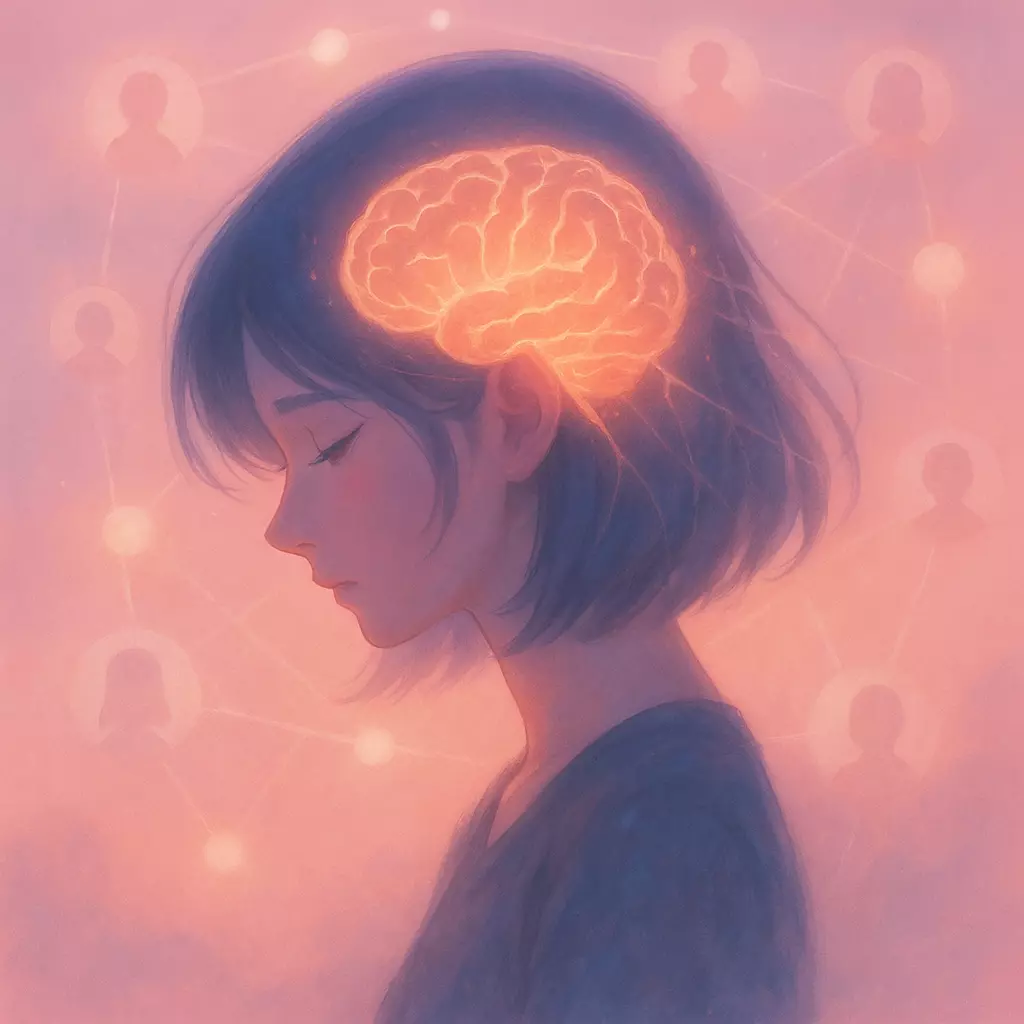
The Psychology of Rejection: Why We Long for the Ones Who Hurt Us
Here’s the paradox: the very person who caused your heartbreak is often the one you feel desperate to reach out to.
The psychology of rejection helps explain why. Rejection doesn’t just hurt—it motivates. Studies show that the sting of exclusion triggers affiliative behaviors: we want to fix the bond, seek approval, or reconcile at almost any cost.
This drive made sense in small hunter-gatherer groups, where staying connected could mean the difference between life and death.
Today, it can keep us cycling through:
- Texts we don’t send
- Social media we shouldn’t scroll
- Late-night what-ifs that leave us raw
Recognizing this biological pull isn’t about shame—it’s about compassion. Your brain is trying to save you, even if its methods are outdated.
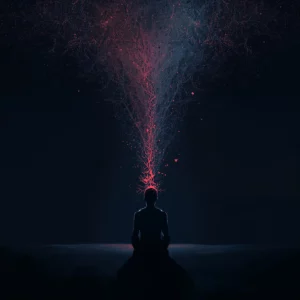
Why Breakups Hurt So Much (Science of Heartbreak & Healing)
Let’s examine breakups in: Biology of love & loss, Attachment styles, Rejection psychology, Closure, Rumination, Grief
Tap here to read more →Turning Heartbreak Into a Compass
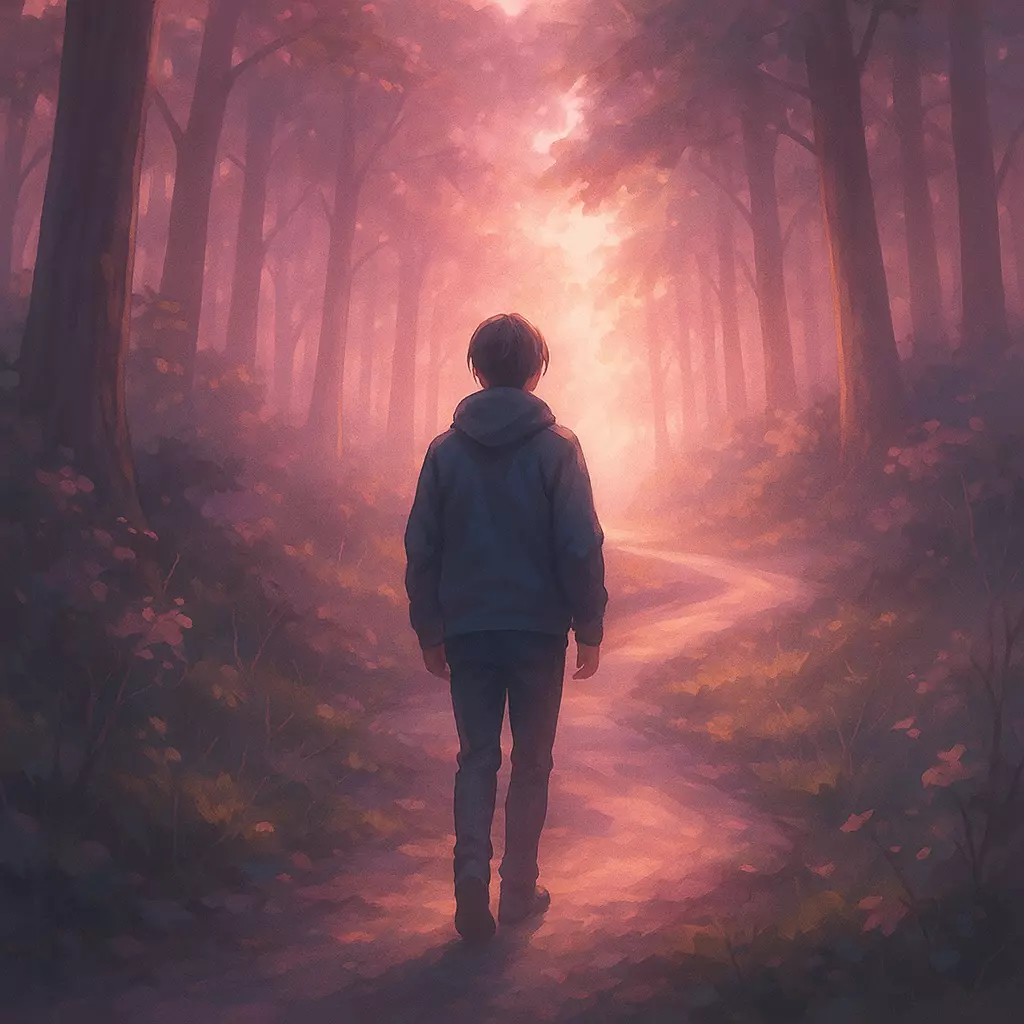
What if heartbreak wasn’t just a wound but a teacher?
Recent research suggests rejection acts as a kind of social feedback system. When a relationship ends, your brain doesn’t just suffer—it learns. It refines your sense of:
- Who feels safe
- What kind of closeness you long for
- Where your boundaries might need strengthening
This doesn’t make the pain disappear. But it does shift the question from:
“Why am I so broken?”
to
“What is this pain teaching me about what I need?”
Every ending carries within it the seeds of wiser, more authentic connection.
Healing from rejection isn’t quick, and it isn’t linear. But understanding the psychology of rejection helps us see our pain for what it is: not a flaw, not a failure—just the echo of a nervous system that loves deeply, longs fiercely, and learns, always, how to begin again.
FAQ
Q1. Why does rejection feel like physical pain?
Rejection activates the same brain regions involved in physical pain, such as the dorsal anterior cingulate cortex (dACC). This explains why heartbreak and social exclusion can feel like a deep, physical ache—it’s your brain’s way of signaling a threat to connection, which was vital for survival.
Q2. How does the psychology of rejection affect our behavior after a breakup?
Social pain often triggers a strong drive to reconnect. This is why many people feel compelled to reach out to an ex or seek validation. Recognizing this biological response helps us pause and choose healthier ways to fulfill our need for belonging.
Q3. Can understanding the psychology of rejection help me heal faster?
Yes. Understanding this reframes your pain as a natural and adaptive response rather than a personal failure. It allows you to approach healing with self-compassion and clarity about your emotional needs.
Q4. Why do we crave the person who hurt us after rejection?
After rejection, the brain’s alarm system pushes us toward repairing bonds—even with those who caused the pain. This drive evolved to maintain social ties in early human groups. Awareness of this response helps break the cycle and redirect your energy toward supportive connections.
Scientific Sources
-
Naomi I. Eisenberger, Matthew D. Lieberman, Kipling D. Williams (2003): Does rejection hurt? An fMRI study of social exclusion
Key Finding: Social rejection activates the dorsal anterior cingulate cortex (dACC), a brain region linked to physical pain.
Why Relevant: Demonstrates that emotional pain from rejection is neurologically similar to physical pain, central to understanding the psychology of heartbreak.
https://sanlab.psych.ucla.edu/wp-content/uploads/sites/31/2015/05/39-Decety-39.pdf -
L. K. Chester et al. (2016): The Push of Social Pain: Does Rejection’s Sting Motivate Social Reconnection?
Key Finding: Experiencing social pain increases motivation to seek reconnection and affiliative behaviors.
Why Relevant: Explains why people crave reconnecting with their ex or social group after rejection.
https://www.ncbi.nlm.nih.gov/pmc/articles/PMC4870146/ -
Nina Raffio & USC Dornsife researchers (2024): Your brain learns from rejection — here’s how it becomes your compass for connection
Key Finding: Rejection acts as a learning signal, refining future social decisions and relationships.
Why Relevant: Highlights how heartbreak can teach individuals about their social needs and boundaries.
https://today.usc.edu/what-social-rejection-teaches-your-brain/
- Rejection as Redirection: The Powerful Science of Cognitive Reframing

- Why We Get Addicted to Rejection (and How to Break Free)
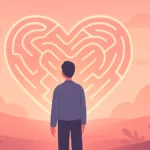
- Self-Worth After Rejection: 5 Powerful Ways to Rebuild and Thrive
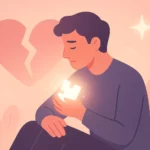
- Why Youre Taking Rejection Personally (and How to Finally Stop Hurting)
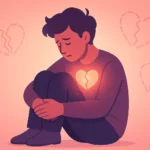
- Modern Dating Rejection: Why Micro-Rejections Hurt More Than You Think
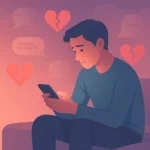
- Rejection Sensitivity in Relationships: Why It Hurts and How to Heal
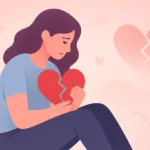
- The Psychology of Rejection: Why Heartbreak Hurts and How to Heal
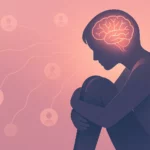
- The Painful Psychology of Rejection: Why It Hurts and How to Heal
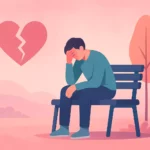
- Attachment Style and Breakups: Discover Yours to Heal Faster
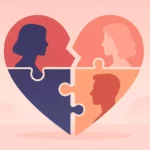
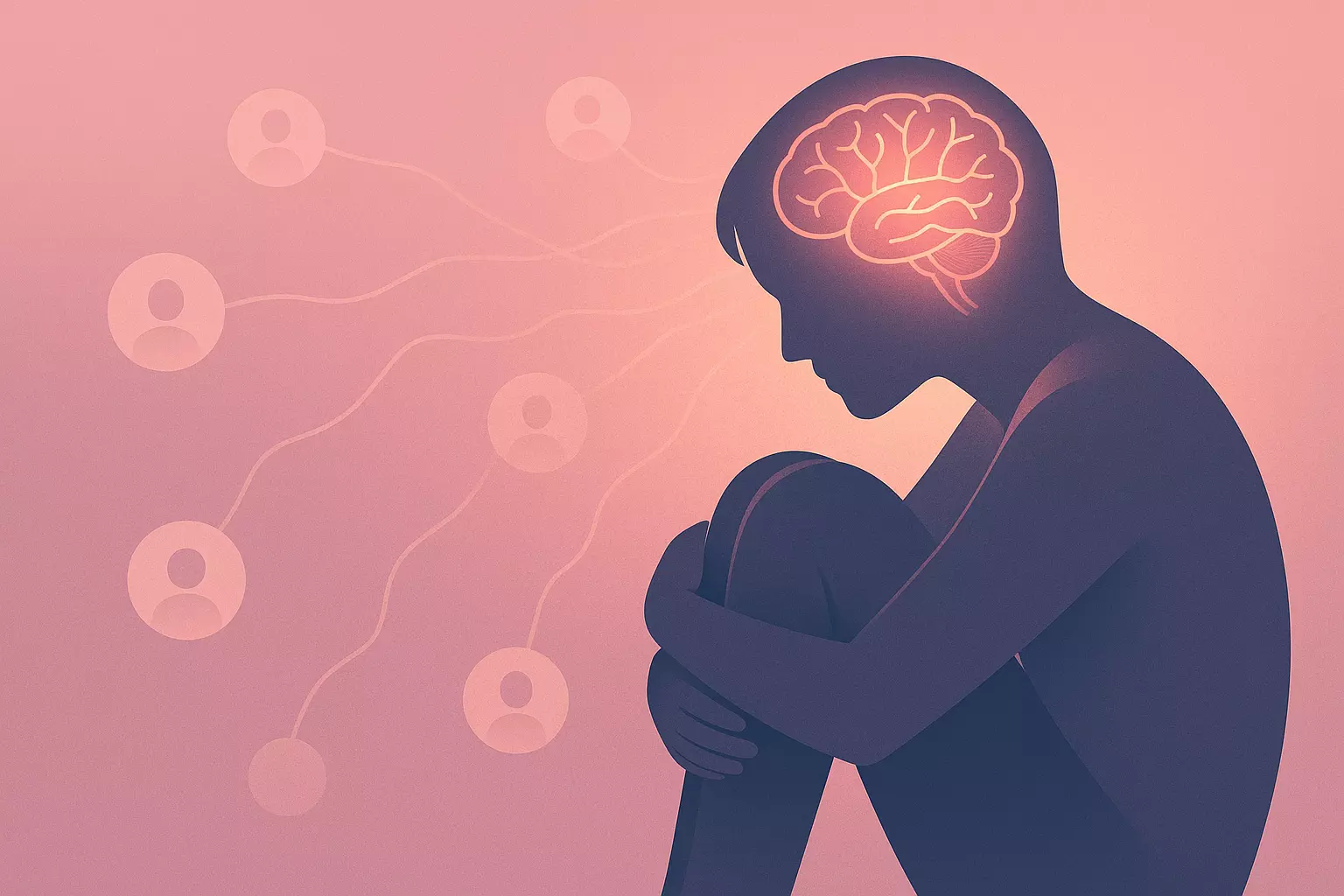
Leave a Reply